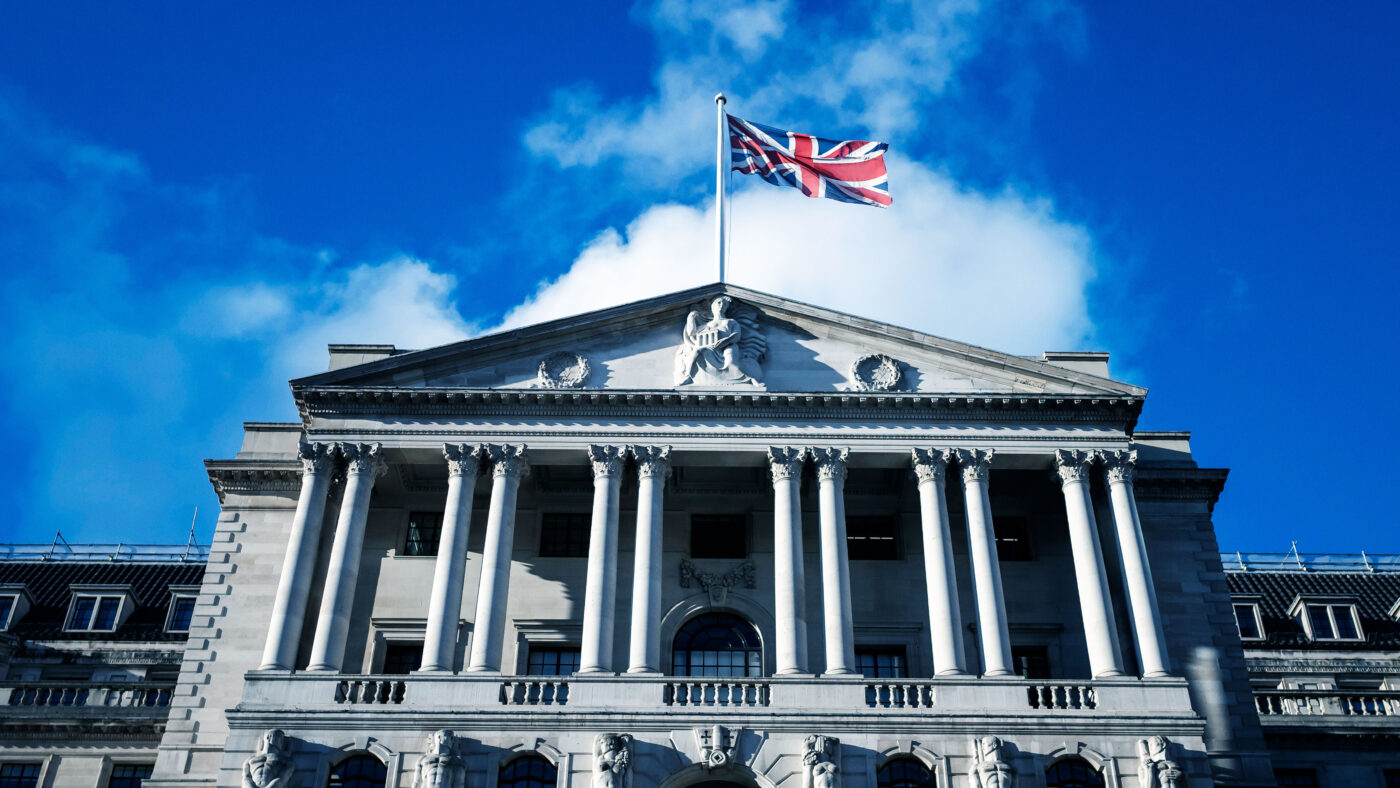The UK subsidiary of Silicon Valley Bank (SVB UK) is insolvent. That means there will be losses. But if the Bank of England chooses the wrong course, those losses will be far greater than they need to be – causing damage to jobs, human welfare, innovation, and UK taxpayers.
Many UK commentators have not yet grasped this, but the question is not whether the Government should avoid moral hazard by refusing to bail out the bank. The question is whether the Bank of England should be trying to bail in the bank – without using any taxpayer money – rather than simply giving up and putting SVB UK into a Bank Insolvency Procedure, as it said on Friday that it planned to do. A bail in would avoid unnecessary damage to the economy and unnecessary costs to the taxpayer.
As with many other types of company, when a bank becomes insolvent, it is often possible to create a new, solvent entity by reducing the claims of the shareholders and of creditors who have junior, or unsecured, claims. That is essentially what often happens in a UK administration process. That’s why American Airlines still flies today, after having gone bankrupt in 2008. While its owners – its shareholders – lost money, it still had valuable assets, including its brand, which were used to set up a new, profitable version of the company.
But banks play a special role in the economy, because they hold the money for people and other businesses. If those depositors lose access to that money for a prolonged period, many of them may become insolvent too. If you need to make payroll next week and your deposits are in SVB UK, speed in sorting out the bank is a matter of life and death for your business. Every day lost is critical.
For that reason, many countries have developed special, faster procedures to give bank depositors access to some of their funds when a bank fails. This is what happens when the US Federal Deposit Insurance Corporation (FDIC) carries out the process known as resolving an insolvent bank, which it can often do over a weekend.
If the bank is resolved quickly, many of the depositors in the bank can carry on with their daily lives or their businesses. In some cases, it may be necessary to reduce the value of their deposits, where that value exceeds the amount that is insured by the FDIC, or by its UK equivalent, the Financial Services Compensation Scheme, and the excess is not covered by the remaining assets of the bank – such as the loans it made or bonds that it bought using the money given to it by depositors.
If the bank is not resolved quickly, a protracted insolvency process may last months or years. It can take a long time for businesses who have deposits in the bank to get any of their money back. In that time, many of those businesses will go bust, because they can’t pay their employees or suppliers.
The FDIC generally avoids this outcome by ensuring swift resolution when a bank fails. It does that many times a year. But the Bank of England has not yet managed that level of performance. If the FDIC resolves Silicon Valley Bank in the US quickly, American depositors could be in decent shape while UK businesses bear the brunt of the fallout.
Before Brexit, the UK implemented the EU Bank Recovery and Resolution Directive, with a new bank resolution regime that is intended to allow bail-ins, avoid taxpayer bailouts, and preserve liquidity for depositors as much as possible. We have a chance to show the world how bank regulation should be done.
Even if SVB UK has no equity value and no other layers of capital such as subordinated bonds that could help to absorb the losses, it should still be possible to give businesses access to some of their deposits early next week, haircutting the amount that is available to reflect possible shortfalls in assets.
But, from what little we can tell from the Bank of England’s Friday announcement, it does not plan to do that. Instead, it intends to put SVP UK straight into a Bank Insolvency Procedure, which could take months or years.
Speed is critical here. Every additional day means more jobs lost. The Government should immediately instruct the Bank of England to attempt a bail-in and resolution process. That will let most of those businesses survive, save jobs, and preserve value for depositors and taxpayers.
Click here to subscribe to our daily briefing – the best pieces from CapX and across the web.
CapX depends on the generosity of its readers. If you value what we do, please consider making a donation.


